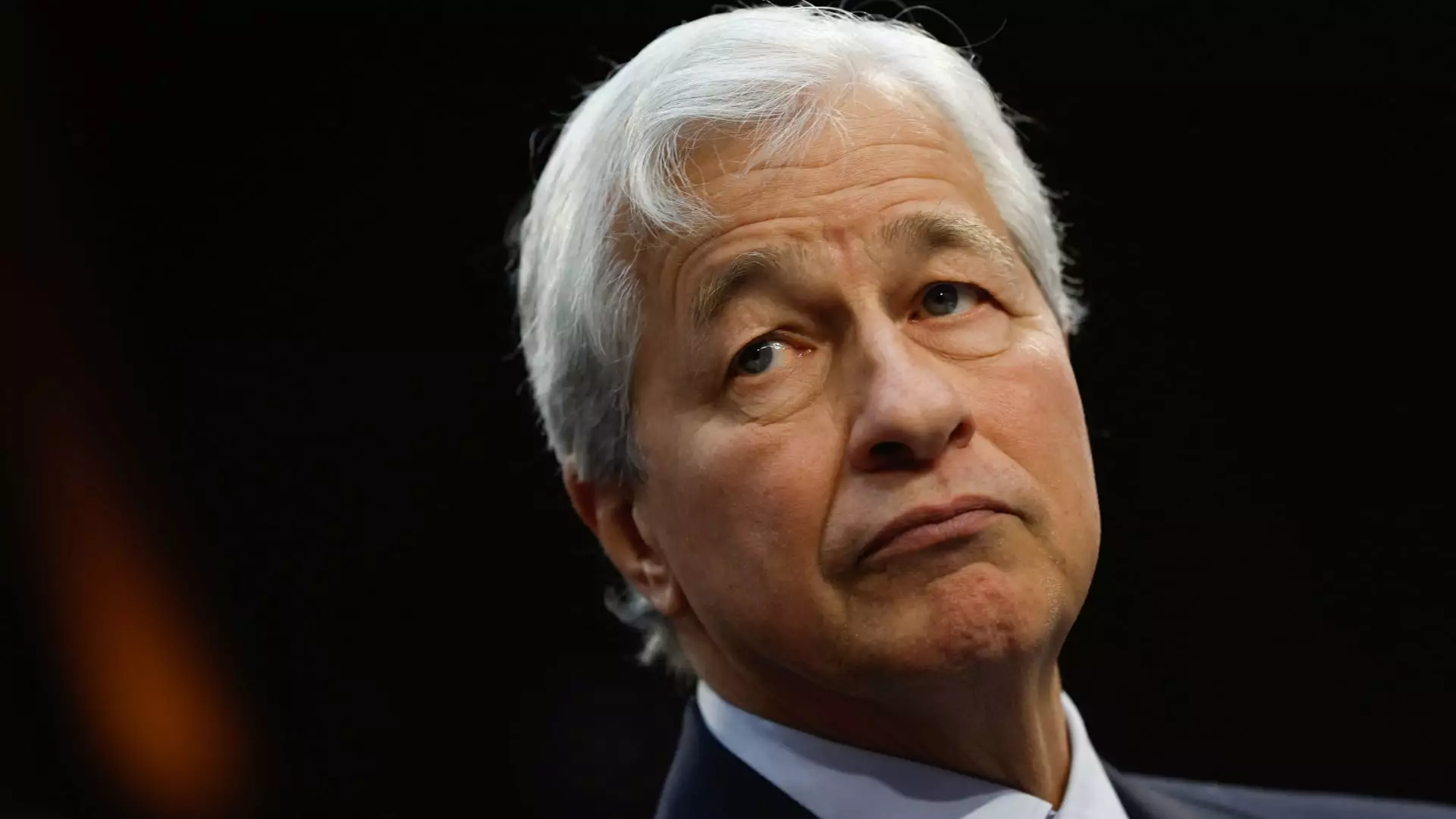Geopolitical Turmoil and Economic Implications: A Call for Leadership

In an increasingly complex geopolitical arena, JPMorgan Chase’s CEO, Jamie Dimon, emphasizes the mounting global risks associated with ongoing conflicts, particularly in the Middle East and Eastern Europe. His remarks come against a backdrop of persistent instability stemming from Russia’s invasion of Ukraine and escalating tensions in the Israel-Hamas conflict. As these situations evolve, the ramifications extend far beyond immediate human suffering, threatening to alter the trajectory of global economic stability and historical relations between nations.
The dire circumstances are underscored by the recent one-year anniversary of the Israel-Hamas war, which erupted following a significant attack on October 7, 2023. As fighting broadens to involve regional actors like Hezbollah and Iran, the humanitarian toll is staggering, with tens of thousands believed to have lost their lives. Incidents of violence, such as the Israeli airstrikes in Beirut claiming lives and inflicting injuries, highlight the volatility of the situation. Dimon’s analysis points to an alarming trend where retaliatory actions could further escalate tensions, especially with Iran’s military involvement becoming increasingly pronounced. The fear of nuclear blackmail from rogue states adds another layer of complexity to an already precarious landscape.
Beyond the human cost, Dimon articulates concerns about the broader economic implications of these conflicts. The international order, which has largely held since World War II, appears to be unraveling, raising questions about future stability. Issues such as rising U.S.-China tensions and Russia’s intensification of its military presence in Ukraine complicate the global recovery trajectory. Notably, Russia’s decision to ramp up defense spending signals a commitment to persist in its aggressive posturing, which analysts interpret as detrimental to economic stability in Europe and beyond.
While the Federal Reserve has made strides toward stabilizing the U.S. economy, Dimon remains cautious. He highlights significant challenges such as fiscal deficits, inadequate infrastructure, and the overarching necessity for global remilitarization. These critical issues, he argues, could undermine prospects for sustained economic growth and prosperity.
The Need for Leadership
In the face of these mounting challenges, Dimon’s call for strong American and Western leadership resonates strongly. Unprecedented circumstances demand decisive action to mitigate risks and foster diplomacy. The lack of coherent strategies among world leaders could lead to dire consequences, not only in economic terms but also concerning global security and peace. The lingering effects of geopolitical unrest are felt across markets, industries, and everyday lives, underscoring the urgent need for a unified approach to restoring stability.
As the world navigates this turbulent landscape, Dimon’s insights compel us to acknowledge the interconnectedness of geopolitical tensions and economic outcomes. Recognizing the significance of strong leadership is paramount; without it, we may continue to witness an unsettling decline into chaos. The call for dialogue and cooperative efforts is more important than ever if we hope to steer the course of history toward a more stable and prosperous future for all nations involved. The stakes are undoubtedly high, and the imperative for action cannot be overstated.





